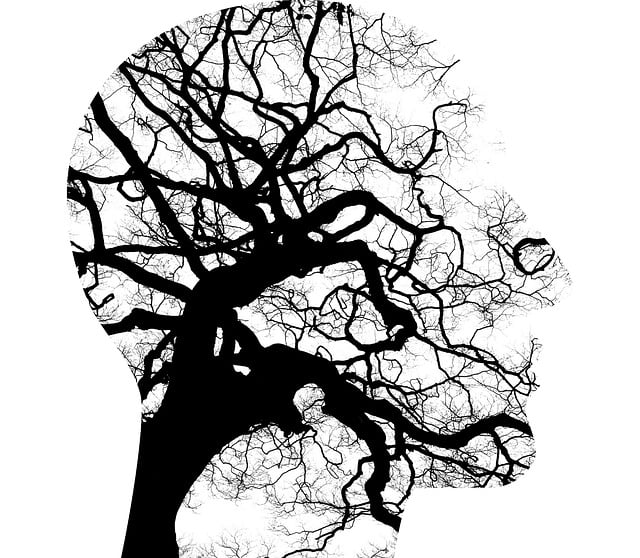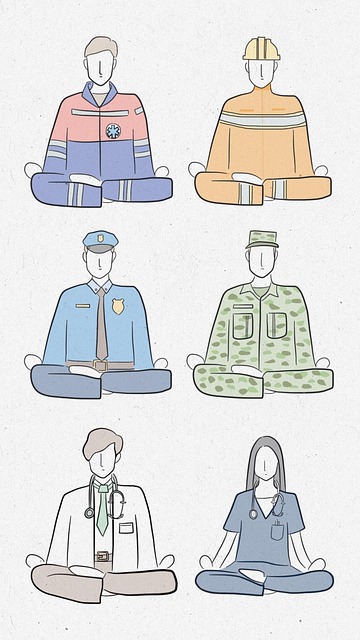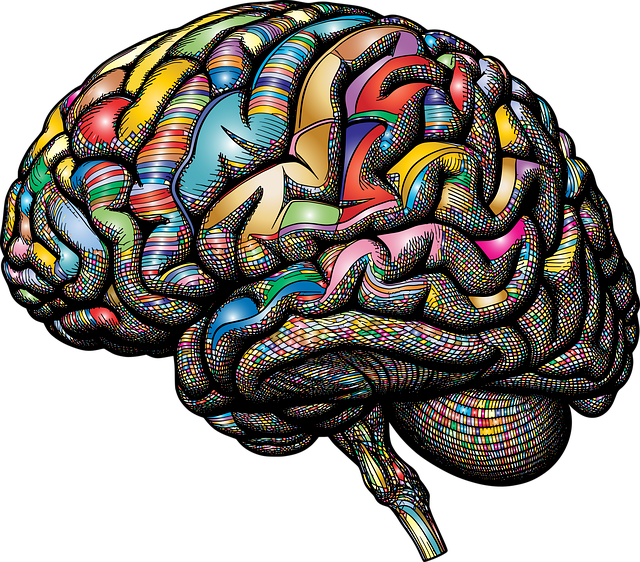Aurora Geriatrics Therapy addresses the unique challenges faced by seniors experiencing trauma, offering specialized support tailored to their complex needs. By emphasizing a trauma-informed approach, they create safe spaces for older adults to process physical symptoms, cognitive impairments, and emotional distress related to past traumas. Through education, risk assessments, and stress management techniques, caregivers gain the skills to identify and assist seniors effectively. Aurora's comprehensive services, including community outreach and mental wellness resources, prioritize holistic healing, burnout prevention, and accessible support, making them a leading provider in trauma care for elderly individuals.
Trauma, often overlooked in senior care, can have profound effects on the elderly population. This article explores the critical need for trauma support services, especially for seniors, and how Aurora Geriatrics Therapy is at the forefront of this initiative. We delve into the understanding of trauma, its impact on aging individuals, and the key components that make up effective trauma-informed care. By examining these aspects, we highlight the importance of accessible resources like Aurora Geriatrics Therapy in enhancing recovery and well-being for our aging loved ones.
- Understanding Trauma and Its Impact on Seniors
- The Role of Aurora Geriatrics Therapy in Trauma Support
- Key Components of Effective Trauma Support Services
- Implementing and Accessing Trauma-Informed Care for Elderly Individuals
Understanding Trauma and Its Impact on Seniors

Trauma can significantly impact seniors, often exacerbating existing mental health challenges and hindering their ability to lead fulfilling lives. Understanding trauma’s complex nature is crucial when providing support services for this demographic. Aurora Geriatrics Therapy recognizes that traumatic events, both past and present, can manifest in various ways among older adults, including physical symptoms, cognitive impairments, and emotional distress. These reactions may be delayed, making it essential for care providers to be vigilant and empathetic.
The provision of trauma-informed care involves a nuanced approach, focusing on creating safe environments and implementing strategies that address the unique needs of seniors who have experienced trauma. Mental Health Education Programs Design play a vital role in equipping caregivers with the knowledge to identify signs of trauma and administer appropriate support. Moreover, conducting thorough Risk Assessments for Mental Health Professionals ensures they can manage their well-being while assisting clients, thereby fostering a sustainable care system. Effective stress management techniques are also integral to this process, as they help seniors cope with traumatic memories and promote overall mental health recovery.
The Role of Aurora Geriatrics Therapy in Trauma Support

Aurora Geriatrics Therapy plays a pivotal role in trauma support services, offering specialized care tailored to older adults who have experienced traumatic events. With an understanding of the unique challenges faced by this demographic, Aurora provides a safe and supportive environment for individuals to process their experiences. Through evidence-based therapeutic approaches, they facilitate the development of coping skills, enabling seniors to navigate the aftermath of trauma effectively.
The therapy center’s comprehensive services extend beyond individual therapy sessions. They actively engage in Community Outreach Program Implementation, bringing support directly to vulnerable populations and ensuring accessibility. Moreover, Aurora prioritizes risk management planning for mental health professionals, fostering a secure practice environment that is essential for providing consistent and high-quality care.
Key Components of Effective Trauma Support Services
Effective trauma support services are multifaceted, aiming to provide holistic care for individuals navigating traumatic experiences. At Aurora Geriatrics Therapy, we prioritize key components that foster healing and resilience. One such component is burnout prevention, recognizing the strain traumatic events can place on an individual’s mental and physical well-being. Our approach includes tailored therapy sessions that encourage open dialogue, helping clients process their emotions and develop coping strategies to avoid burnout.
Additionally, we integrate mental wellness podcast series production into our support system, offering accessible resources for ongoing self-care. These podcasts provide valuable insights on managing trauma, promoting self-esteem improvement and fostering a sense of community among listeners. Through these initiatives, Aurora Geriatrics Therapy strives to create a supportive environment that empowers individuals to heal and thrive, long after their initial engagement with our services.
Implementing and Accessing Trauma-Informed Care for Elderly Individuals

Implementing trauma-informed care for elderly individuals is a critical aspect of providing holistic support, especially given their unique experiences and vulnerabilities. Many elders have lived through significant historical traumas, such as wars or cultural uprootings, or personal events like abuse or loss, which can have lasting impacts on mental health. Aurora Geriatrics Therapy recognizes the importance of addressing these unhealed wounds to foster a sense of safety and well-being. This approach involves creating environments that are safe, supportive, and non-judgmental, ensuring elders feel respected and understood.
By integrating trauma-informed practices, caregivers can offer effective interventions like emotional regulation strategies, stress management techniques, and crisis intervention guidance tailored to each individual’s needs. These services are pivotal in helping the elderly process traumatic memories, manage ongoing symptoms, and develop coping mechanisms. Accessing such care may involve collaborations between geriatric therapy centers, primary healthcare providers, and community support networks, ensuring a comprehensive and coordinated approach to meeting the unique needs of elderly individuals navigating trauma.
Trauma support services for seniors is a critical aspect of holistic geriatric care. By understanding the unique impact of trauma on older adults, as discussed in this article, we can better utilize resources like Aurora Geriatrics Therapy to provide effective support. Key components of successful trauma-informed care, as outlined, should guide service providers in creating safe and supportive environments for elderly individuals who have experienced trauma. Implementing these strategies ensures that the elderly receive the specialized attention they deserve, fostering healing and enhancing their overall well-being. Aurora Geriatrics Therapy stands as a vital resource in this domain, offering tailored interventions to meet the specific needs of seniors navigating trauma’s aftermath.









